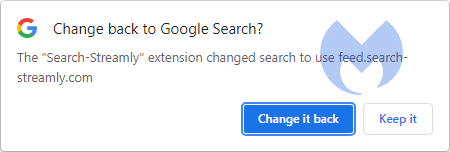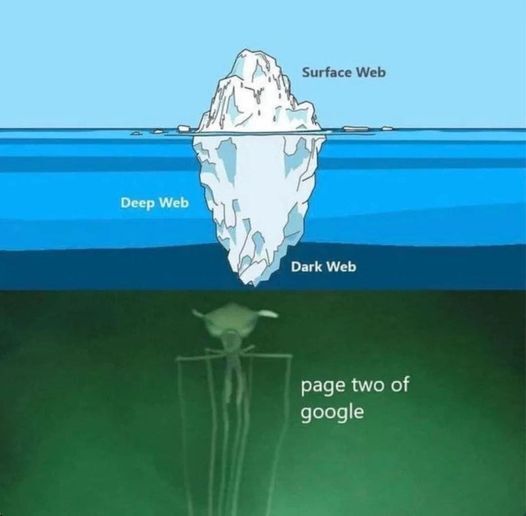What is a search engine and why does anyone care which one you use?
An attempt at a simple definition: a search engine is a software system that allows users to find content on the Internet based on their input.
The introduction of the major search engines brought about huge changes in the way we use the Internet. There is a wealth of knowledge available for those that know where to look. One search engine has become such an important factor of our online life that to google has become an accepted verb. It was even elected the “most useful word of 2002” by the American Dialect Society. At the time of writing over 90% of the search engine market has been acquired by Google.
Search queries
The time that the input for a search engine was limited to text queries have long gone. Most major search engines also offer you the option to perform reverse image search. Using reverse image searches, you can find images similar to the one that you are querying for.
The most popular search queries of a year can tell historians from the future what we cared most about at the time. The top 3 for 2020 was:
- Election results
- Coronavirus
- Kobe Bryant
Search engine optimization
The fact that companies want to be found by search engines has led to a set of marketing techniques aimed at raising the popularity of a website. The goal is to have your site high up in the search results when a user searches for certain keywords that are relevant for your business. The name for these techniques is search engine optimization (SEO). The ranking of a site in Google’s search results is primarily based on how well the page is optimized, but it’s also based on “reputation.” The reputation of a page is calculated, among others, by using the number of inbound links pointing to that page. It helps a lot if the incoming links come from pages that are about the same or related subjects, but a large amount of links coming from all kinds of sites helps as well.
Default search engine
Sometimes you will see prompts that the default search engine of your browser was changed, or you will be asked to change the default search engine.

In the example displayed above, Chrome is warning the user about a search hijacker that has taken control of the user’s default search engine. You may also see a browser asking you to change back to the default search engine it came with, or even websites asking you to change your default search engine.
How do search engines make money?
Although there are different ways in which search engines make money, the majority comes from asking for money from companies that want to show up in search results in a noticeable way.
- Organizations can buy advertisements that get displayed above the actual search results.
- Organizations can pay to get their logo and core information displayed along the search results leading to their websites.
- Organizations can pay for marketing data based on consumer’s habits.
- Search engines can sell their search results to others so they can create directories, verticals, or catalogs.
- Search engines can sell clicks on links in the search results.
The revenue of these activities are so profitable that some potentially unwanted programs and adware programs make money for their creators in the form of search hijackers.
How do search engines work?
Where do search engines find the results that are a fit with the query and how do they do it so fast? Most search engines are crawlers. A crawler search engine generates its results by the automatic compilation of web pages and sites. Websites that can not be crawled are part of the Deep Web. The Deep Web is what we call the unindexed part of the Web, which is any site that a search engine can’t find. A part of the Deep Web that you may have heard of is the Dark Web. The Dark Web is intentionally hidden, anonymous, and widely known for illicit activities.
Or as this meme explains it with a wink at those struggling for good SEO results:

Crawlers are directories and verticals, which are different kinds of user-generated collections of search results and sites. If these selected results are paid for, then we call these sponsored search engines.
The speed with which the major search engines can come up with search results are due to data centers around the world. While you’re typing your search query, the search engine predicts the rest of your query, combs through billions of web pages, ranks the sites, images, videos, and products it finds, and presents you with the very best results. And it does all that usually in less than a tenth of a second. To us mere humans that is practically instant. From wherever in the world you perform a Google search, the results are most likely served to you from nearby computers.
What is the most private search engine?
There are several search engines that help you maintain your anonymity online while searching for answers to your queries. Of those, DuckDuckGo and Brave are the most well-known ones. Both are crawlers and can deliver speedy results, without tracking user searches, building user profiles, or requiring the use of an external, pre-existing search index to deliver results.
And for those that are looking for a search engine that is both privacy and environmentally friendly, you can have a look at Ecosia.
Choosing a search engine
You can find and change the default search engine in your browser settings. Where exactly depends on your browser, but in the browsers I checked it is one of the main items in the “Settings” menu.
Which one you should use? Whatever suits your needs best. We always like our readers to make up their own mind while we try and provide them with the information to base their decision on.
Happy searching and stay safe, everyone!
The post What is a search engine and why does anyone care which one you use? appeared first on Malwarebytes Labs.
If you like the site, please consider joining the telegram channel or supporting us on Patreon using the button below.


